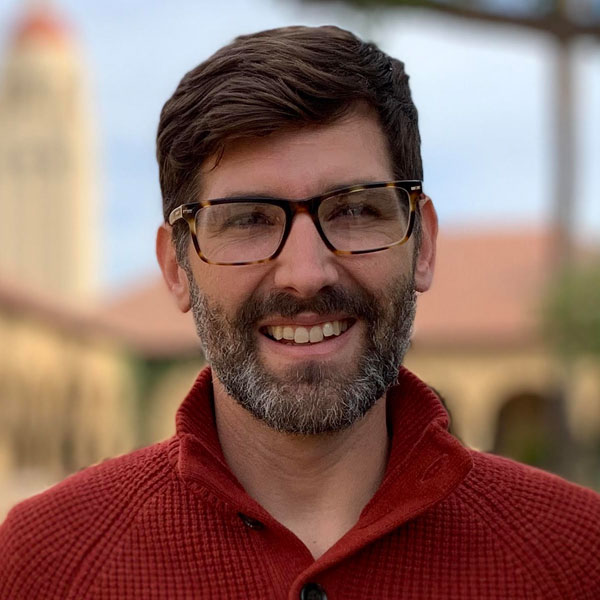Supramolecular (bio)materials exhibit highly useful properties that are impossible with traditional materials but crucial for a wide variety of emerging applications in industry or biomedicine. Yet these materials typically employ enthalpy-dominated crosslinking interactions that become more dynamic at elevated temperatures, leading to significant softening. Indeed, standard mathematical frameworks typically assume network softening and faster dynamics at elevated temperatures. Deriving a mathematical framework connecting the crosslinking thermodynamics to the temperature-dependent viscoelasticity of physical networks suggests the possibility for entropy-driven crosslinking interactions to provide alternative temperature dependencies.

We will discuss the investigation of a supramolecular hydrogel platform exploiting dynamic multivalent interactions between biopolymers and nanoparticles that are strongly entropically driven. We will discuss the implications of these crosslinking thermodynamics on the observed mechanical properties, demonstrating that tuning the thermodynamics and kinetics of these crosslinking interactions enable broad modulation of the mechanical properties of these materials, including their shear-dependent viscosities, temperature responsiveness, self-healing, and cargo encapsulation and controlled release.
Overall, this talk will illustrate our recent efforts exploiting dynamic and multivalent interactions between polymers and nanoparticles to generate hydrogel materials exhibiting properties not previously observed in biomaterials and affording unique opportunities in industry and biomedicine.
Eric A. Appel is an Assistant Professor of Materials Science & Engineering at Stanford University. He received his BS in Chemistry and MS in Polymer Science from California Polytechnic State University in San Luis Obispo, CA. Eric performed his MS thesis research with Dr Jim Hedrick and Dr Robert Miller on the synthesis of polymers for drug delivery applications at the IBM Almaden Research Center in San Jose, CA. He then obtained his PhD in Chemistry with Prof. Oren A. Scherman in the Melville Laboratory for Polymer Synthesis at the University of Cambridge.
Eric was the recipient of the Jon Weaver PhD prize from the Royal Society of Chemistry and a Graduate Student Award from the Materials Research Society. Upon graduating from Cambridge in 2012, he was awarded a National Research Service Award from the NIH (NIBIB) and a Wellcome Trust Postdoctoral Fellowship to work with Prof. Robert Langer at MIT on the development of supramolecular biomaterials for applications in tissue engineering and drug delivery. Eric’s research at Stanford focuses on the development of biomimetic polymeric materials that can be used as tools to better understand fundamental biological processes and to engineer advanced healthcare solutions. His research has led to more than one hundred publications and 23 pending or granted patents. He has been awarded a Margaret A. Cunningham Immune Mechanisms in Cancer Research Award, Hellman Faculty Scholarship, a Terman Faculty Fellowship, a Junior Faculty Development Award through the American Diabetes Association, a Research Scholar Grant from the American Cancer Society, a Research Starter Fellowship through the PhRMA Foundation, and had the pleasure of participating in the Young Investigator Award Symposium hosted by the Polymeric Materials Science & Engineering division of the American Chemical Society.